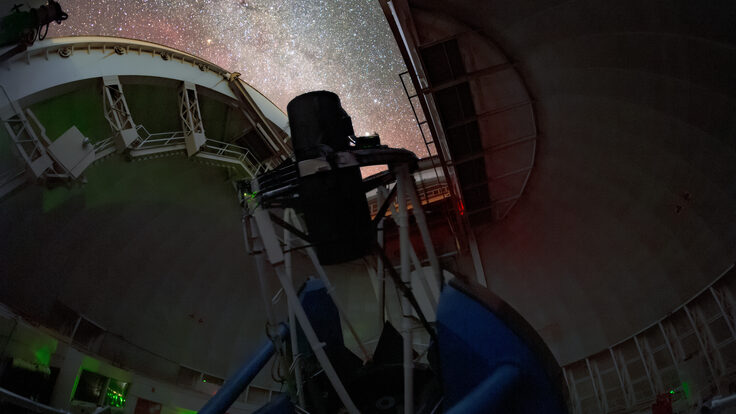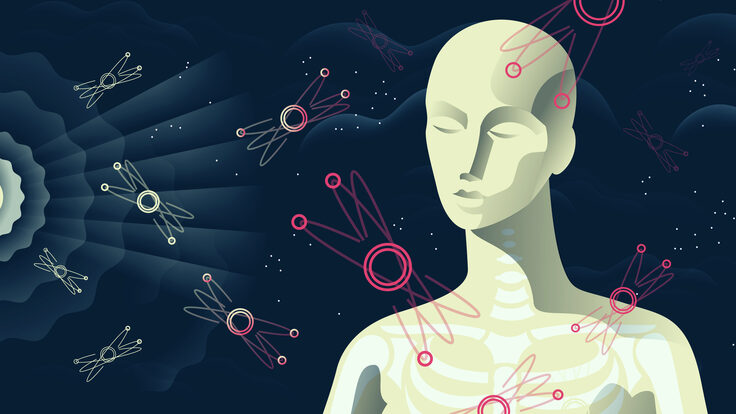 |
| Image courtesy of Tor Books; cover art by Donato Giancola |
Underground, good stories are found
Prior to 2002, very few nonscientists knew that Sudbury Neutrino Observatory laboratory, or SNOLAB, existed. But these days, the laboratory must regularly turn away people who want to visit, even though entering the underground facility requires a long ride down a mine shaft, a sanitation shower, and a full body suit to keep contaminants out of the lab.
SNOLAB rests in the Vale Inco Creighton nickel mine in Sudbury, Ontario. Two kilometers below the surface, it is the deepest underground laboratory in the world.
It was the novel Hominids, by Robert J. Sawyer, that turned the lab into such a desirable destination.
In Sawyer's book, there exists a universe parallel to our own, where Earth is much the same except that Neanderthals survived and humans died out. The Neanderthals conduct quantum computing experiments in the location equivalent to SNOLAB for the same reasons that humans picked the mine for neutrino experiments: In addition to protection from cosmic rays, the mine has significantly lower levels of background radiation, which can interfere with highly sensitive experiments, than most underground sites. The novel begins with a Neanderthal passing through a portal into our world, shattering a 30-foot-wide acrylic sphere that was part of the lab's first neutrino experiment.
Sawyer says he grounds all of his work in scientific fact, and that using a real laboratory location adds to a book's credibility. “SNOLAB gave me all kinds of opportunities,” Sawyer says. “It's a fascinating place to write about.”
His novel Fastforward, which takes place at the Large Hadron Collider, has been adapted for television. Other novels feature TRIUMF, Canada's national laboratory for nuclear and particle physics research, and the Perimeter Institute for Theoretical Physics.
Hominids has been published in 15 languages and won the Hugo Award, the world's top science-fiction honor. “It gives us a welcome opportunity to discuss the science we're doing,” SNOLAB Director Nigel Smith says, “and to help people try and understand the extreme efforts we're going through to do it.”
Calla Cofield






